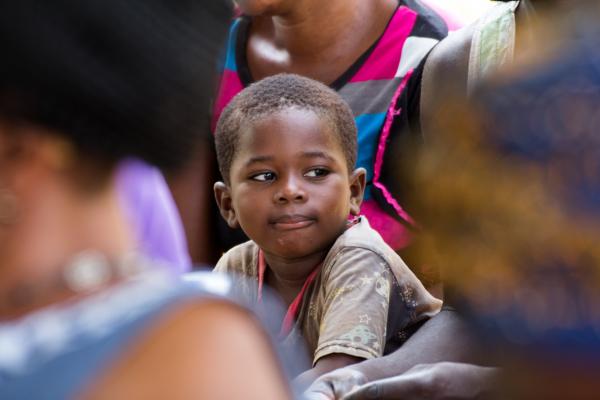A policy research and advocacy civil society organisation, SEND Ghana, is imploring the Finance Ministry and the Ministry of Gender, Children and Social Protection to, as a matter of priority, improve social protection delivery in the ongoing preparation of the 2022 budget statement and economic planning.
The organisation was particular on the need to provide the needed resources to finalise the draft social protection bill to be submitted to Parliament for approval and passage into law.
The bill, when finally passed into law, seeks to secure the rights of Ghanaians to social protection, secure financing for the sector, promote coordination and integration of programmes and provide guidelines for setting up social protection institutional structures from national to the local levels.
However, SEND Ghana noted that delays in the completion of the bill is having adverse effects on planning and improvement of social protection delivery.
Also, the organisation also calls for completion of the nationwide household poverty profiling through the Ghana National Household Registry (GNHR) to improve targeting of social protection programmes.
Speaking to the B&FT at a media engagement in Accra, Deputy Country Director of SEND Ghana, Dr. Emmanuel Ayifah, said only 5 of the 16 regions have their GNHR completed, a situation he describes as not good for the country’s status.
With one of the key issues facing the social protection sector being the limited fiscal space for social protection financing, which has been contributing to the incessant delays in LEAP payments, the organisation recommends to government to create a fiscal space to enhance social protection implementation and sustainable financing by instituting a national fund to ensure sustainability of social protection programmes.
SEND Ghana indicated that government must ensure an effective coverage of social protection interventions.
“Each social protection programme has a target population and it is important that budget is committed to ensure the programmes meet their target in terms of coverage. For instance, the LEAP programme is supposed to cover all extremely poor household in the country,” Dr. Ayifah noted.
The latest Ghana Living Standard Survey (GLSS) 7 data, has a data of 2.4 million people who are socially disadvantaged. However, current LEAP coverage stands at almost 1.5 million people.
Instructively, there are some 900,000 extremely poor households who are waiting to be enrolled onto the LEAP programme.
SEND Ghana disclosed that same challenge applies to the Ghana School Feeding Programme and the NHIS which are all experiencing challenges of partial coverage.
The organisation said inequality is not inevitable or preordained, but the result of deliberate policy choices, could change social protection delivery in the country.










